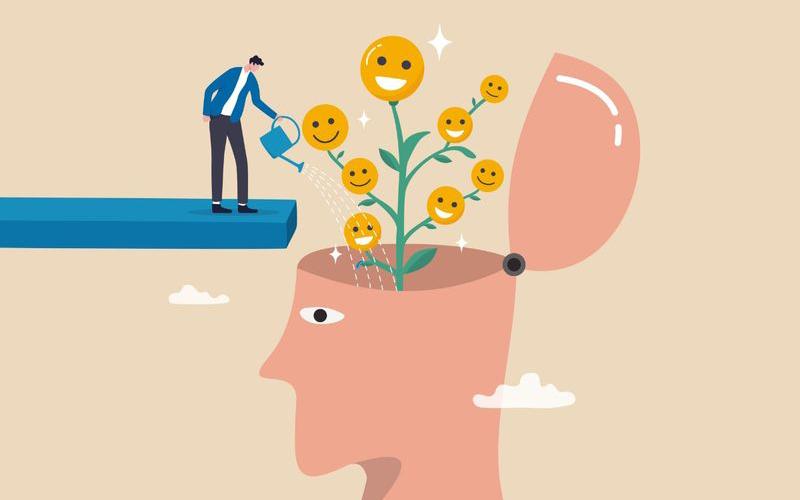Understanding Your Routine Preference
Routines shape our daily lives, providing structure and predictability. They influence how we manage our time, respond to challenges, and achieve our goals. Understanding your routine preference can help you navigate the balance between structure and spontaneity, ultimately impacting your mental health and overall satisfaction. By exploring your preferences, you can gain insights into your daily habits and their effects on your life.
What is Routine Preference?
Routine preference refers to an individual's inclination towards maintaining consistent habits and schedules versus embracing change and variety. Those with a high routine preference often find comfort and stability in regularity, while those with a low preference may thrive on flexibility and new experiences. Identifying your routine preference can empower you to make conscious choices about your daily life.
Research has shown that routines can significantly impact well-being. A study by Duhigg (2012) highlights the psychological benefits of establishing habits, stating that routines can reduce decision fatigue and increase productivity. On the other hand, a lack of routine can lead to stress and disorganization, making it difficult to stay focused.
The Benefits of Routines
- Enhanced Productivity: Establishing a daily routine can streamline tasks, allowing for better time management and efficiency. When your day follows a predictable pattern, you spend less mental energy deciding what to do next, freeing you up to focus on more important tasks.
- Improved Mental Health: Routines can provide a sense of stability and control in a chaotic world. According to research published in the Journal of Health Psychology, maintaining a routine can help reduce anxiety and increase feelings of well-being. Regular habits also foster a sense of accomplishment, contributing to overall life satisfaction.
- Better Sleep Quality: Following a consistent sleep routine can enhance the quality of your rest. Research from the Sleep Foundation emphasizes that going to bed and waking up at the same time each day helps regulate your body's internal clock, leading to improved sleep and increased energy levels.
Finding the Right Balance
While routines are beneficial, it’s essential to find the right balance between structure and spontaneity. Embracing a mix of routine and new experiences can enrich your life and foster personal growth. Consider the following strategies to achieve a harmonious balance:
- Incorporate Small Changes: Challenge yourself to modify small aspects of your daily routine, such as trying new foods or changing your exercise regimen. This can help prevent feelings of monotony while keeping your routine grounded.
- Set Flexibility Within Structure: Designate specific times in your schedule for unplanned activities or relaxation. Allowing for spontaneity can enhance creativity and reduce the risk of burnout.
- Reflect on Your Preferences: Regularly evaluate your routines and assess their impact on your well-being. Are they enriching your life, or do they feel restrictive? Adjust your habits as necessary to align with your personal values and lifestyle goals.
In summary, understanding your routine preference can help you tailor your daily habits for a more fulfilling and productive life. Completing our Routine Preference scale can provide valuable insights into your preferences, enabling you to create a life that resonates with you.



